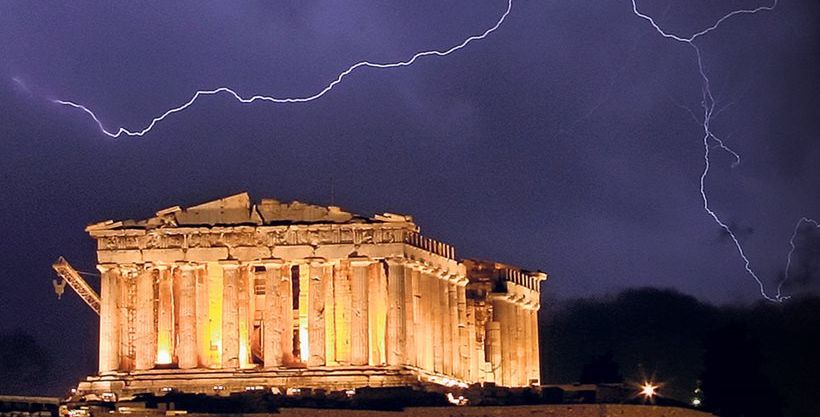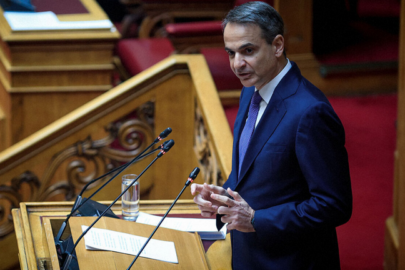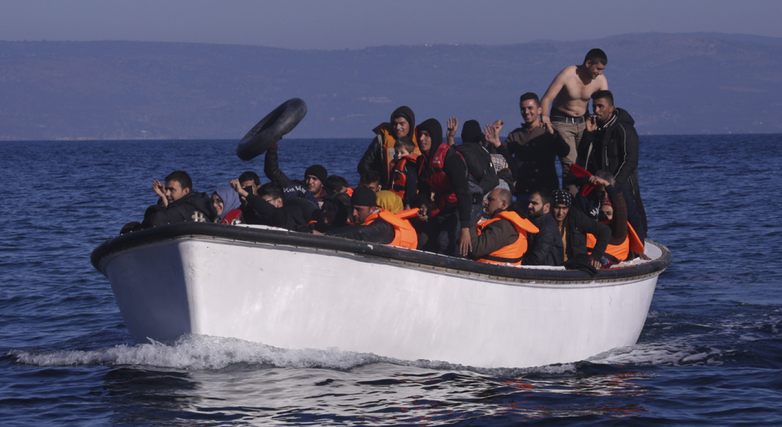Whether a president is elected or not, Europeans expect the Greek government to sign the terms of the Memorandum of Understanding that will give Greece a new credit line to avert bankruptcy, allowing Greece to continue as a member of the euro area.
What will happen if there is no president elected?
Parliament will dissolve and national elections will take place in January. If a government is elected then it will have two months until February to negotiate Greek positions..
What will the next government negotiate?
The Troika of international creditors from the European Commission (EC), European Central Bank (ECB) and International Monetary Fund (IMF) has made its positions clear. The troika believes that the 2015 budget will have a fiscal gap worth 2.5 billion euros and it is possible that the estimations will rise as a result of early elections to 3.5 billion euros. Deputy George Mavraganis told Greek Parliament that early elections will delay revenue collections worth 1 billion euros.
The Coalition of the Radical Left (SYRIZA) will attempt to start negotiations with the troika afresh by stating that there will be no surplus, but a deficit and so will try to achieve a debt haircut. Europeans are unlikely to want to discuss this new basis as they view the situation holistically rather than agreements with particular party heads. Should troika agree to extend the memorandum for another six months, it will need the agreement of all European parliaments.
What is the SYRIZA party’s standpoint?
Greece’s main opposition party believes that it has a number of solutions to retain a cash flow. “A SYRIZA government will need to be ready to say ‘No’ under a threat and show that it has planned for liquidity in the case of harsh negotiations,” says economist Yiannis Varoufakis. Internal funding could take place with bonds sold to Greek banks or insurance funds.
If there is no money to pay for debt installments in March, July and August or wages in the public sector and pensions then the bank and insurance system will collapse. In the worst case scenario, Greece will have to return to the drachma, according to economist Kostas Lapavitsas who points to this return as “Plan B”.





































